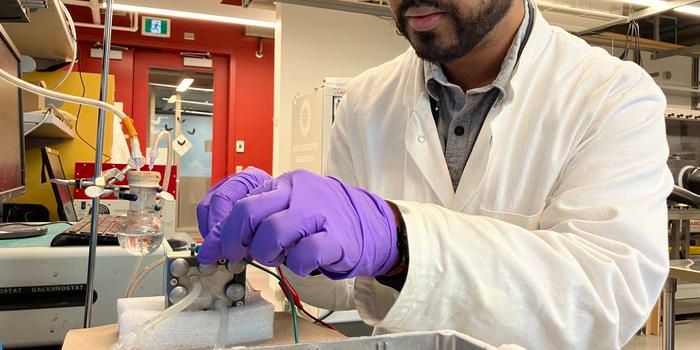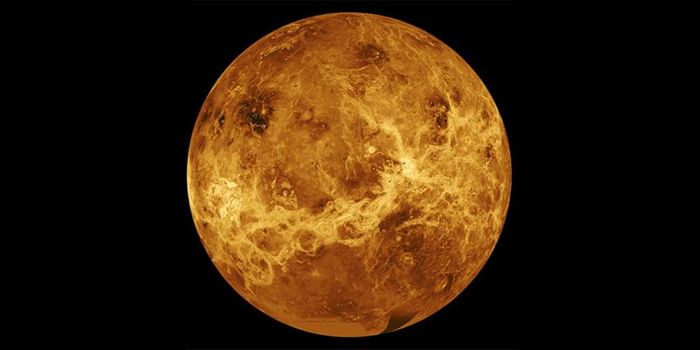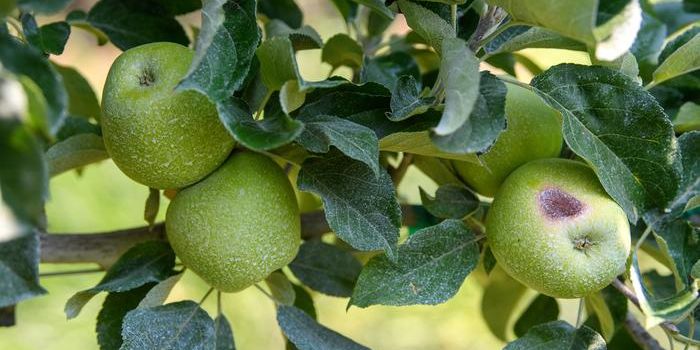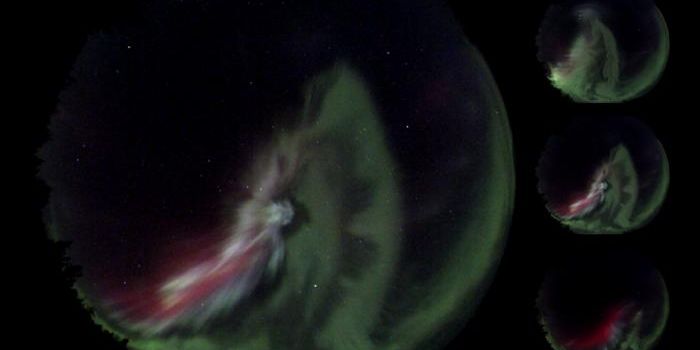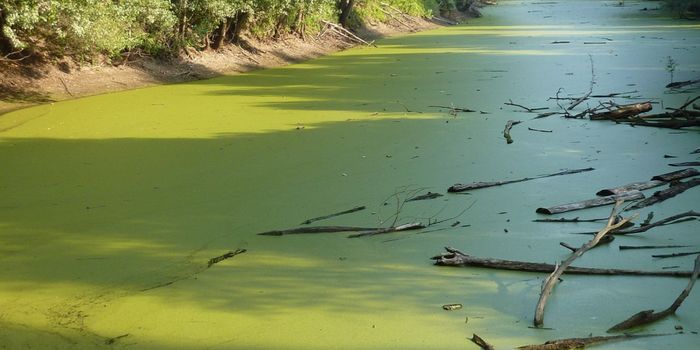Your Coffee Could be Harming the Oceans
Caffeine is one of the most widely consumed psychoactive drugs in the world. Approximately sixty plant species produce caffeine naturally. We have turned many of these plants into food and beverages that we love for their caffeine content, like coffee, tea, chocolate, and sodas. These foods are in addition to the many pharmaceuticals that also contain caffeine to increase their effects.
When we consume products that contain caffeine, our bodies don’t absorb all of it. Around 5% of the caffeine we consume is expelled from our bodies in urine, goes down the toilet, and ends up in rivers and oceans. Other sources of caffeine as a pollutant come from the disposal of caffeine-containing pharmaceuticals, manufacturing plant wastes, and hospital waste. We can remove caffeine efficiently at modern wastewater treatment plants, so some of the waste is processed. However, not all plants remove it efficiently, so what remains after treatment is still significant. Other treatment plants might not process everything, either illegally discharging effluents or dealing with overflows during significant rain events. No matter the reason, water samples near high population centers still contain enough caffeine that caffeine residues are a good indicator of anthropogenic -human- activity.
This means that our freshwater and coastal marine waters near heavily populated areas become contaminated with more caffeine than would naturally occur. A recent review of the effects of caffeine published by Chemosphere proposes the potential of caffeine becoming a concerning marine pollutant.
Caffeine can affect aquatic and marine species by inhibiting growth, altering metabolic activity or reproduction, causing cellular damage, increasing stress, and death. These effects have been reported in shrimp, polychaete worms, algae, bivalves, and crustaceans. This contamination could affect the food chain, impact some of the species we eat, and damage the wildlife for its own sake.
For those looking to change their caffeine habits, a review in Food Bioscience details the plants that can be used as coffee substitutes. Coffee substitutes are usually roasted parts of plants like seeds, roots, or fruits. Some are caffeine-free, and some still contain caffeine, though in lesser amounts. Yerba maté is a plant commonly used as a tea in South America and replaces coffee in many people’s diets. Other roasted seeds from the Leguminosae family used as coffee substitutes include sweet lupin seed, Kentucky coffeetree seeds, and date pits. Roasted root substitutes include dandelion, artichoke, chicory, and sugar beetroots. This won't be a full solution though. In order to reduce the caffeine that ends up in the ocean, we can drink less of it, or we can work towards getting our waste treated before dumping them into our rivers and oceans.
Sources: Chemosphere, Food Bioscience


